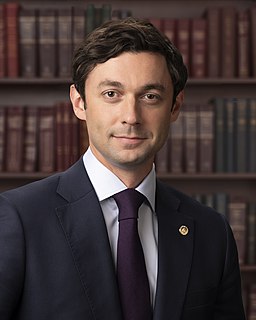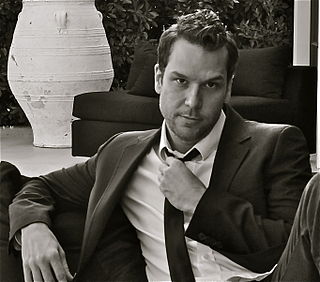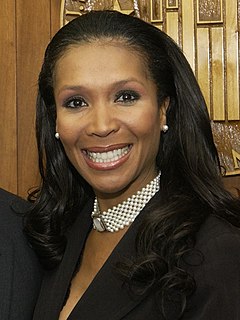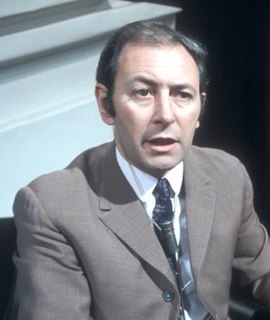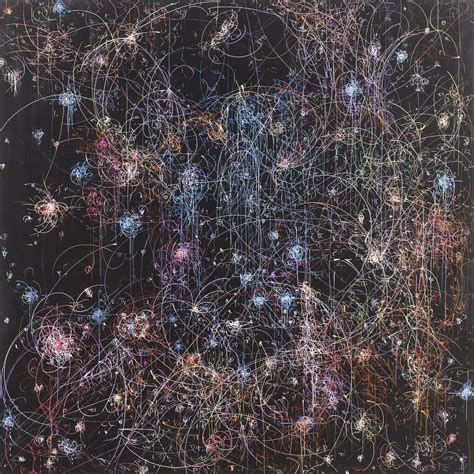A Quote by Eric Schlosser
As an investigative reporter, I'm trying to uncover things and expose them to create a dialogue.
Related Quotes
In all of my work I'm trying to create a dialogue, in which I want to provoke the recipients, stimulate them to use their own imaginations. I don't just say things recipients want to hear, flatter their egos or comfort them by agreeing with them. I have to provoke them, to take them as seriously as I take myself.
My advice is: to try and stay really true to the things that make YOU laugh, as opposed to trying to create a character that you think is funny. Some comedians get into bad habits when they are trying to create something that is not them, and they are trying to write a voice that isn't their true voice.
For our family, the entire structure of our life, our home, our business relationships - the entire purpose is for everyone to be able to create in a way that makes them happy. Fame is almost an inconsequential by-product of what we're really trying to accomplish. We are trying to put great things into the world, we're trying to have fun, and we're trying to become the greatest versions of ourselves in the process of doing things we love.
I think the media has become incredibly corrupt. We used to have a profound tradition of investigative journalism in the United States. Some journalists were real heroes, such as Bob Woodward who helped uncover the Watergate scandal. But today he is leading the opposite charge, trying to bring down the careers of people and score easy victories. In other words, those who used to bust the status quo have now become the status quo.
I'm not trying to create an aesthetic that's my own; I'm trying to create a way understanding things through drawing and painting. That's the common thread. Things can look different, but that's not what's important. What's important is the process is the same, the ideas are the same, I'm using the same building blocks, but they're different. The larger framework is the same; it's the pieces that change. For me, it's about these different elements, but you're still fitting them together into sentences, words, paragraphs, and stories.


